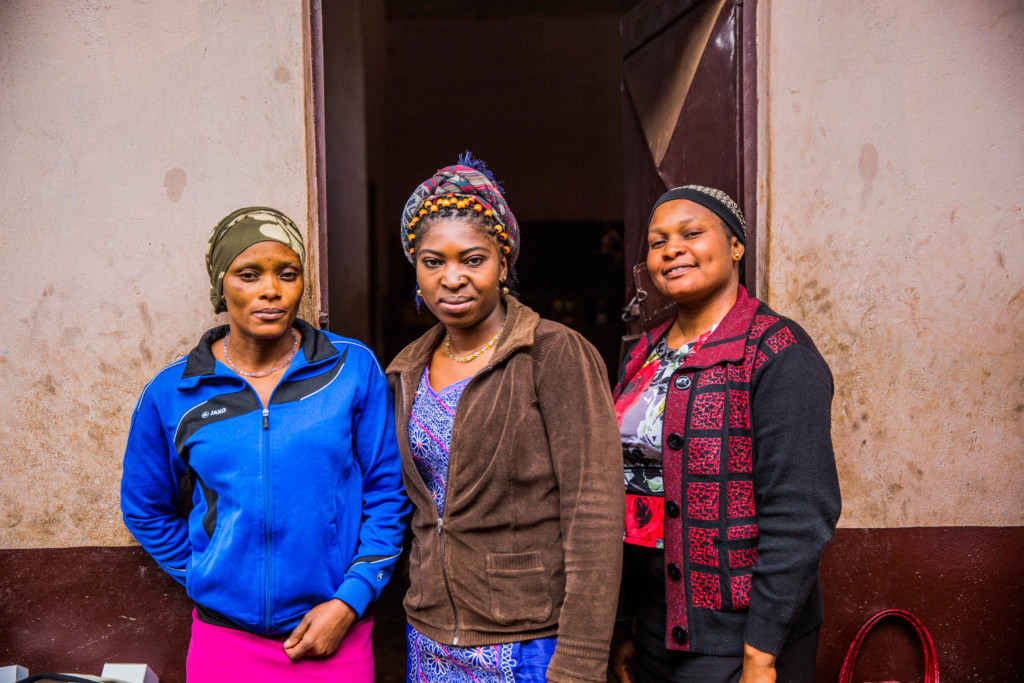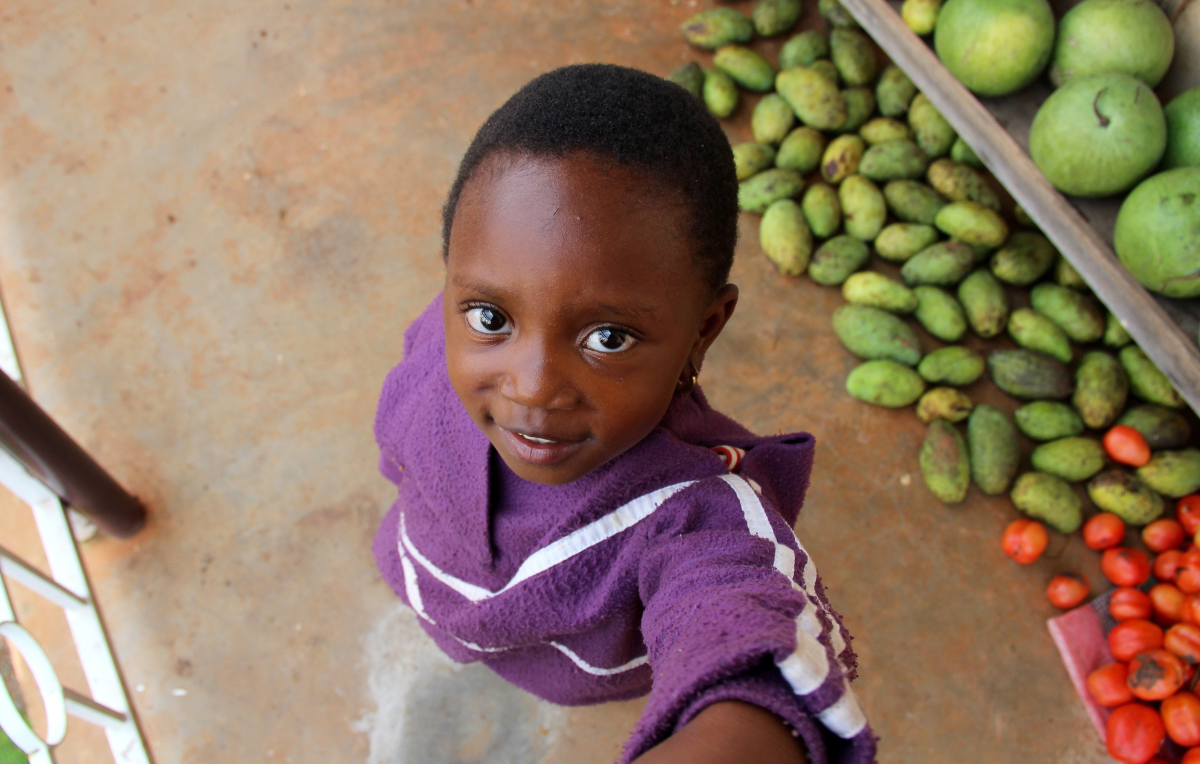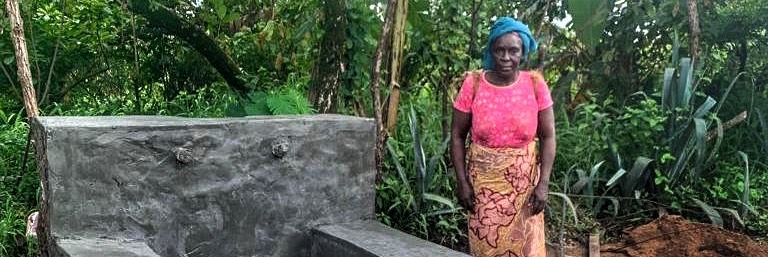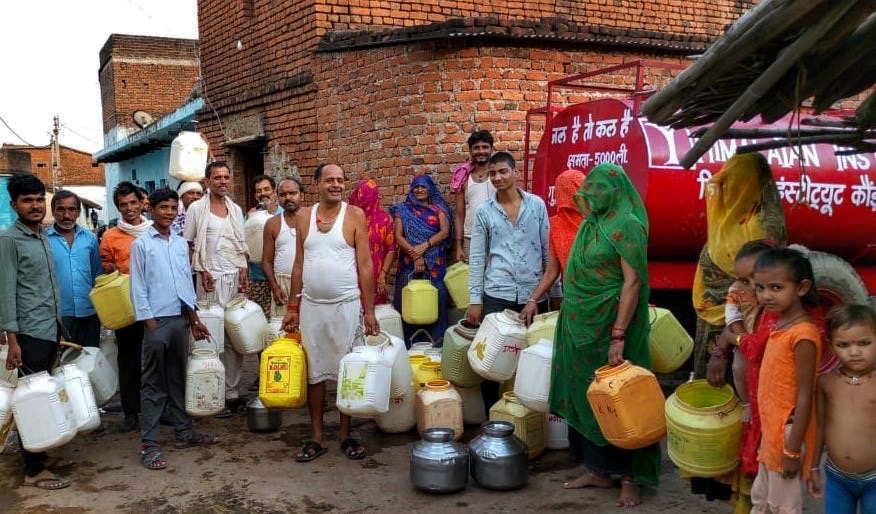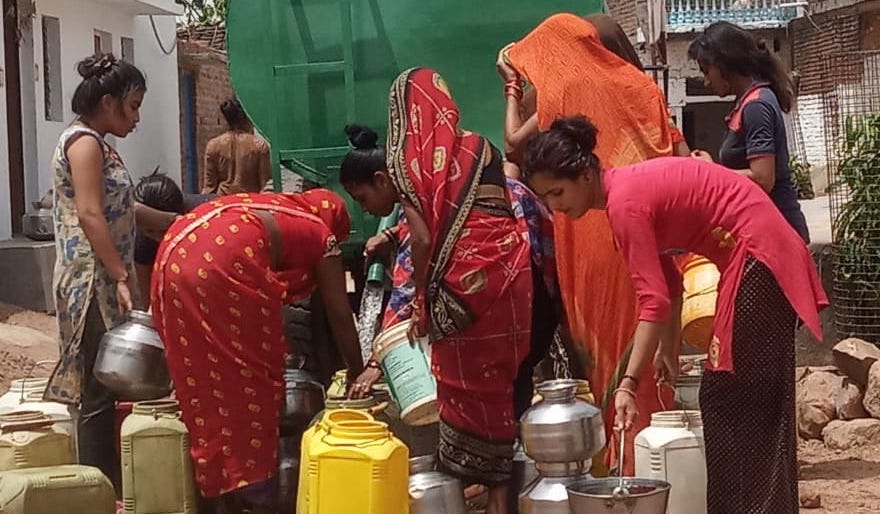Looking forward to all that Himalayan Institute Cameroon has in store for 2018, a question often posed by sponsors, interested guests, and other humanitarians who learn about our work comes to mind: Why Africa? Why Cameroon? In 2017, Himalayan Institute Global Humanitarian Projects recommitted its humanitarian efforts abroad by focusing solely on our flagship program in Cameroon, West Africa, designated as the primary hub for all of our humanitarian work. This was done largely with the future in mind, with the intention of further expanding all we do into even more communities, and countries, on the African continent. So let’s start with the continent—why Africa?
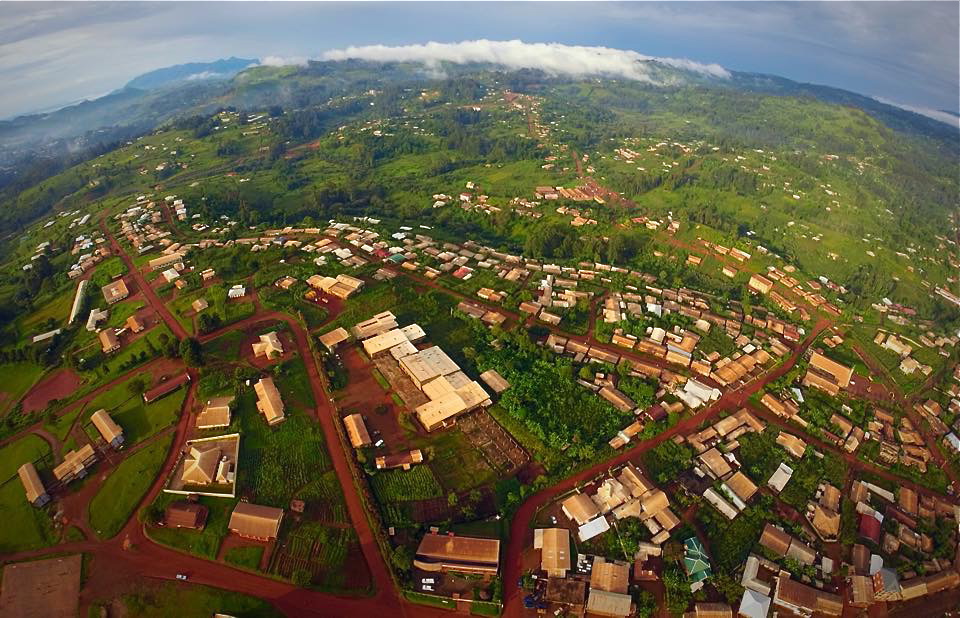
Often, for people outside of the international development community, it can seem that African nations are the primary (if not the sole) focus of many non-profit and foreign aid organizations. However, almost every country around the world continuously strives to develop, enhance, and actively sustain both private and public non-profit companies in order to grow their GDP, provide much-needed services to their population, and globally engage with other communities facing similar social, economic, or political issues. Sometimes this is done solely on behalf of a country’s government because they have the economic ability to do so, and sometimes other nations take a helping hand as a result of common interests shown to be beneficial for each country’s populations.
The cross-sectional nature of many non-profits often benefits a country’s government due to the ability of a non-profit to focus on one need at a time versus many, and privately or publicly fundraise for those areas in ways a government cannot. African nations have seen widespread attention, particularly since the 1980’s and beyond, largely as a result of many countries on the continent gaining independence, with governments young in their growing stages and non-profits seeing opportunities to help those governments help their people.
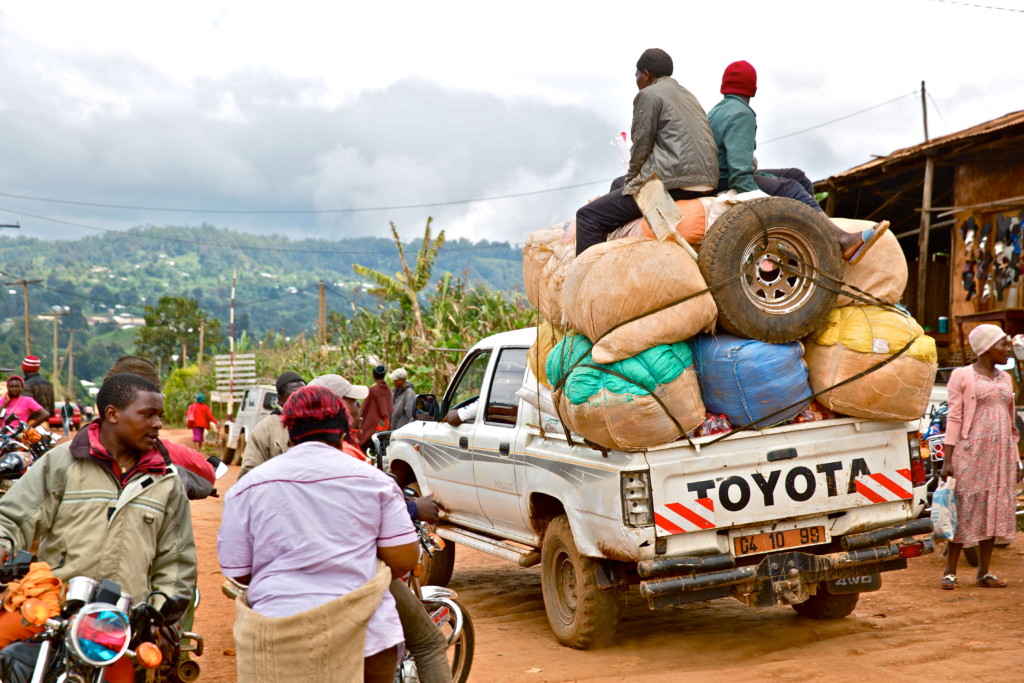
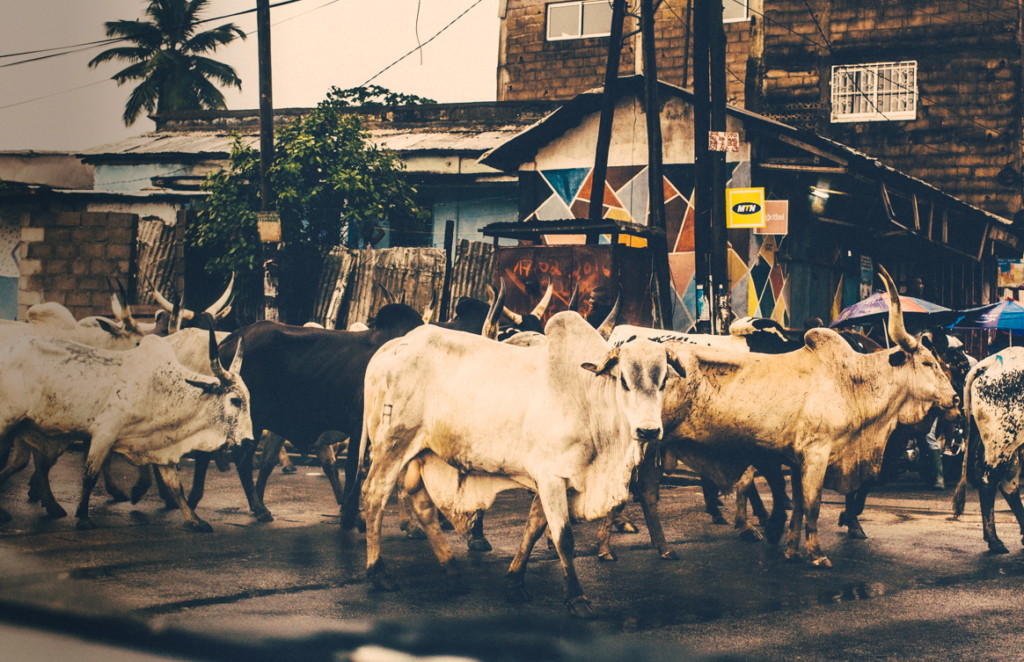
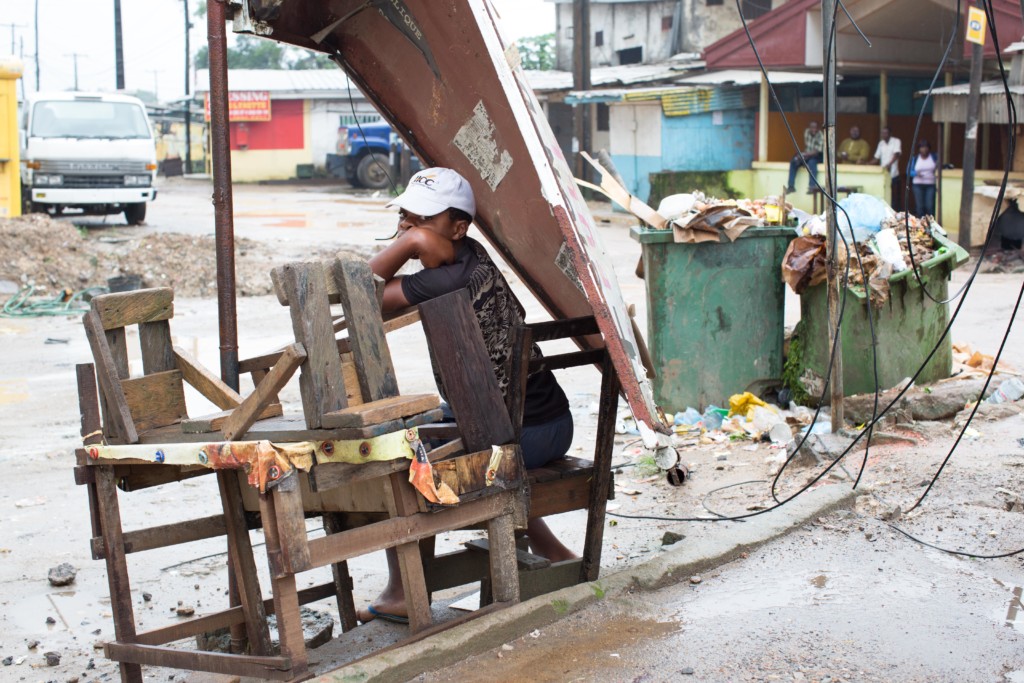
Any great non-profit, whether working in Africa or not, needs to cultivate a solid working relationship with that country’s government, not only to be able to successfully and sustainably implement programming, but to better understand where that government may be struggling, the reasons behind a country’s issues, and how best to interact with that country’s government in order to carry out their non-profit mission. So, in choosing a place within which to operate, Himalayan Institute Global Humanitarian Projects confronted many questions they needed to answer before making the decision to work in Cameroon, West Africa.
Key factors involved in the decision to locate our work in Northwest Cameroon, and in continuing to develop on the continent in the future, come down to the following:
- Political stability
- Ability to have exponential impact
- Sustainability (social, economic, and environmental)
- Room for continuous growth
- Ability to work with local, regional, and national governments
- Number of people/populations in urgent need
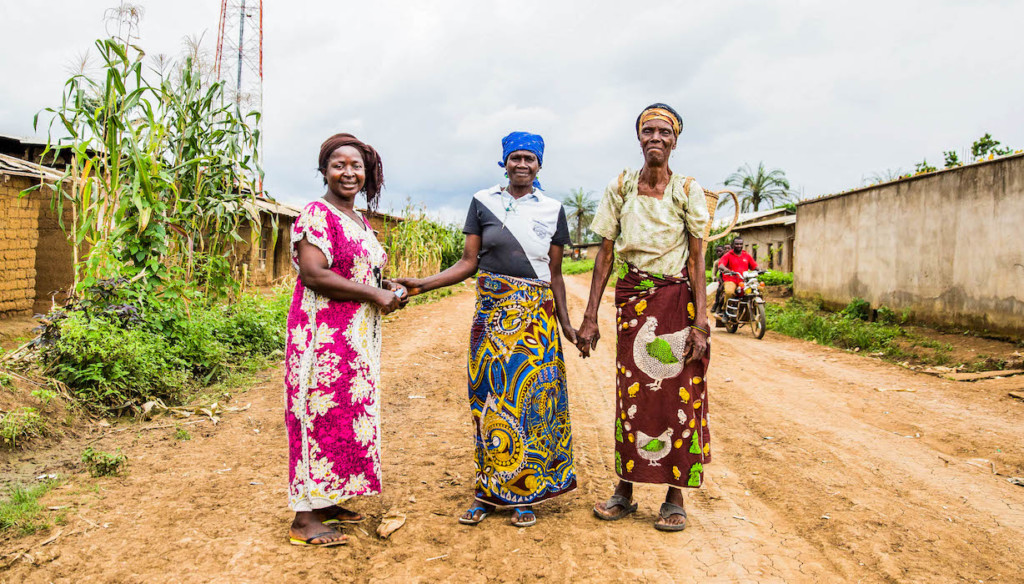
Although Cameroon gained independence only 58 years ago, as a young country it has demonstrated a steady trend towards stability and significant economic growth, particularly within its urban regions. Cameroon hosts a number of natural resources as well, with an abundance of fertile land and people eager to gain greater educational and vocational advancement. However, many of its rural areas continue to be largely ignored and underdeveloped by the government, leaving thousands of people without the proper resources to alleviate the amount of poverty experienced in those regions.
Once colonized by the British and Germany, then taken over by the French, a fractured divide of Anglophone and Francophone regions still exists as a result of British run Northwest Cameroon, being given over to the French before independence in 1960. Ways of governing, educating, and living—having been established prior to independence, and now connected through colonizations’ harrowed history—have been marginalized for many of the people of Northwest Cameroon by their Anglophone background. This divide can be seen in lack of access to healthcare, education, and sufficient investment in Northwest infrastructure and job creation.
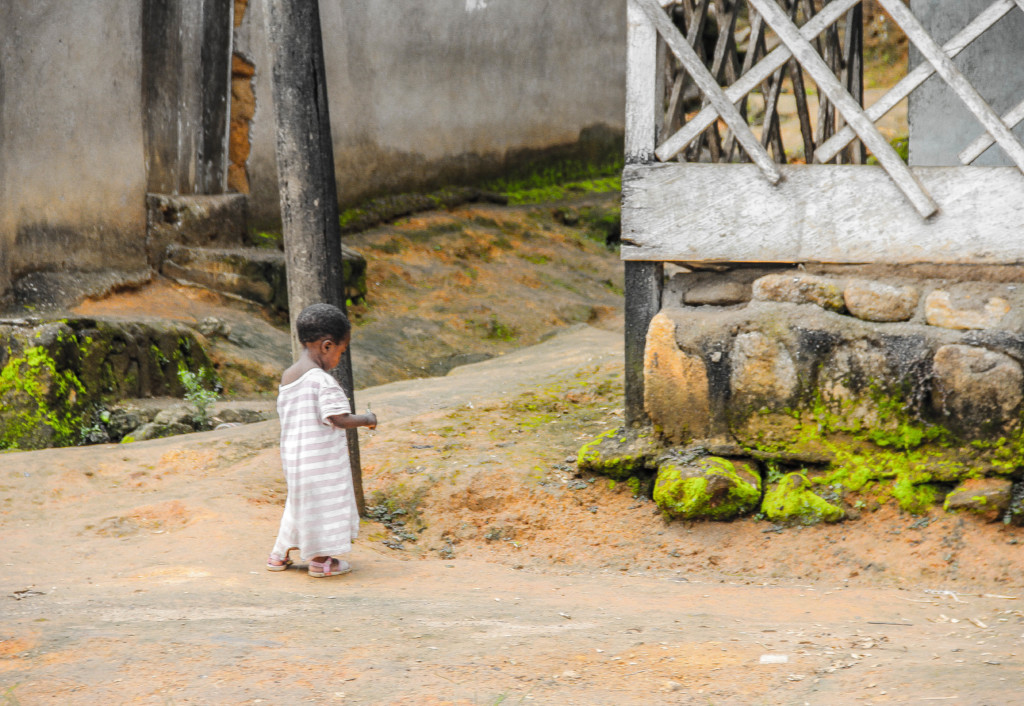
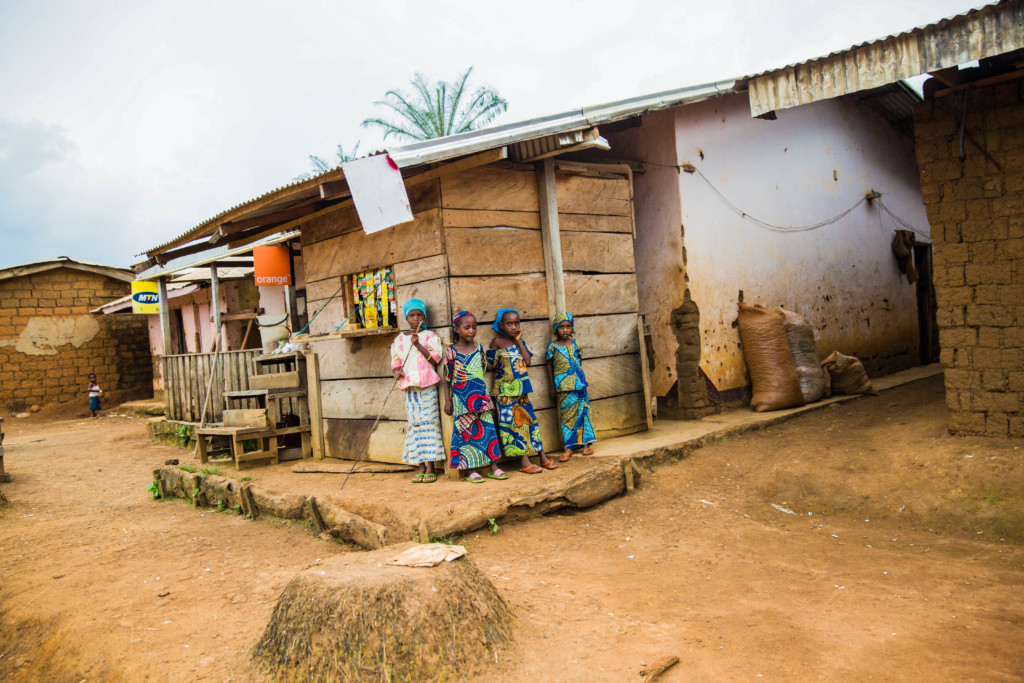
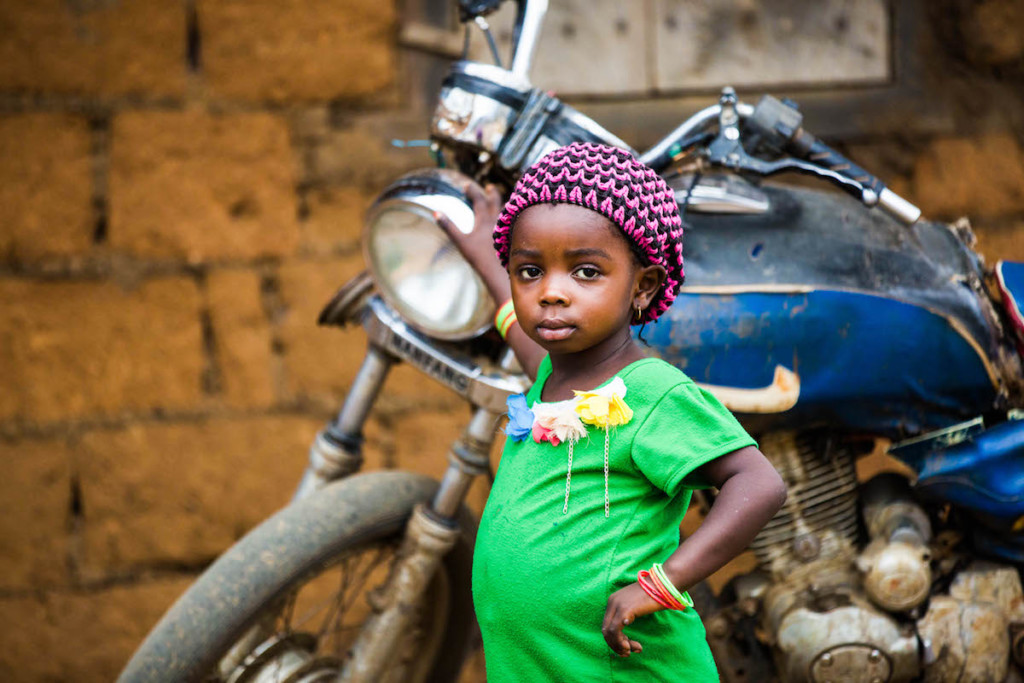
With a government working presently to try and bridge these divides, Cameroon remains a country lacking much resource largely because it is now so stable—it is not seen as an urgent need by many because it is not in peril. But this is an even greater reason to invest resources in the region: there is real room to make lasting, sustainable impact, with full support and connectivity between regional peoples and local governments.
Throughout all of Northwest Cameroon there can be seen the desire to learn, grow, and create lasting change through peace, communication, and spreading education. For an international non-profit like Himalayan Institute Cameroon, these qualities create an ideal environment in which to create change. With great inspiration, dedication, commitment, and intelligence from local peoples, in conjunction with a stable political environment, HIC is able to generate immense changes that can be sustainably upheld by local communities. In all non-profit sectors, this is the goal—lasting transformation. Himalayan Institute Cameroon works within a region ripe with potential, possibility, and passion, demonstrating that in the right kind of place, with hardworking people, anything and everything is truly possible.
